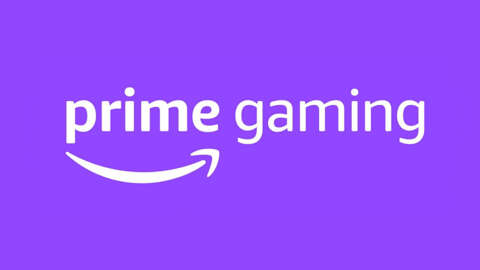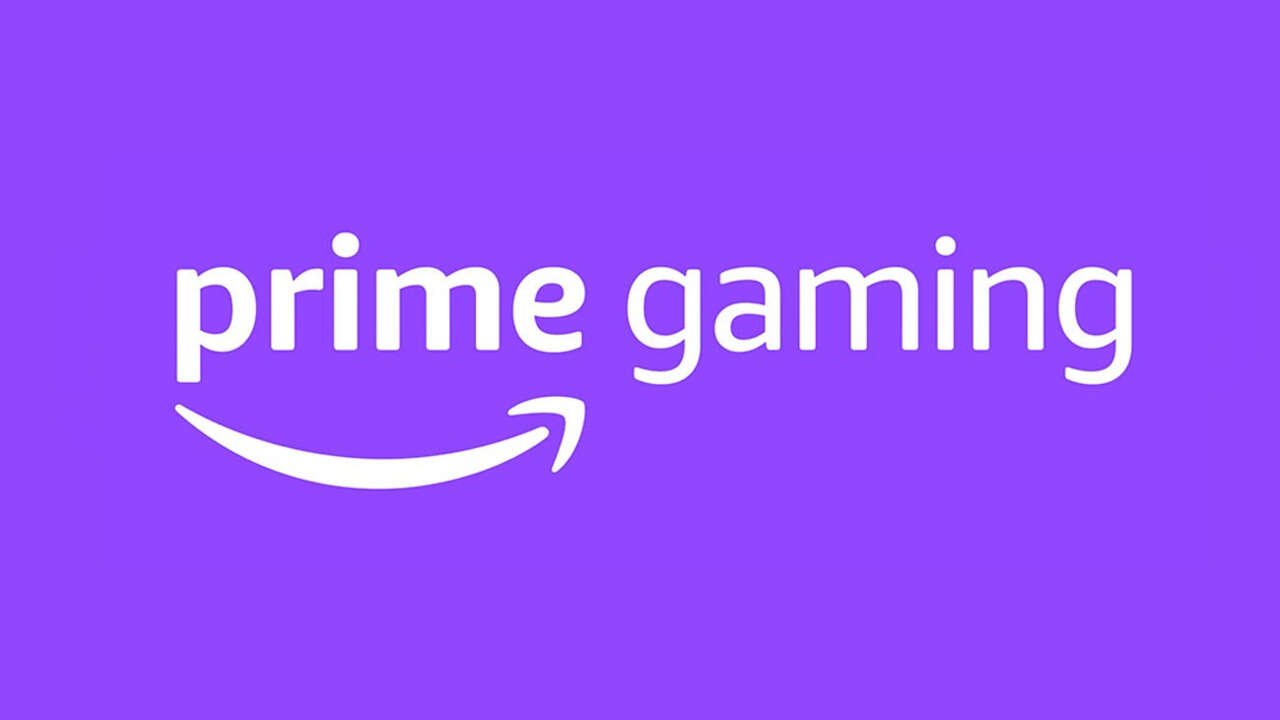
Nearly two decades ago, Valve expanded Steam to include third-party titles on its way to becoming the dominant marketplace for PC games. That attracted the attention of Amazon, which had previously used its online reach to become the No. 1 book seller. But when Amazon tried to use Prime Gaming to overtake Steam, it came up far short of that goal. Now, former Prime Gaming VP Ethan Evans has offered his perspective about why Amazon couldn’t dislodge Steam from its perch.
Via PC Gamer, Evans shared a lengthy post on his LinkedIn account about Amazon’s multiple attempts to supplant Steam over the years. He noted that Amazon’s attempt to scale up its smaller online PC game store–Reflexive Entertainment–went nowhere; and buying Twitch couldn’t convince players to make Prime Gaming their preferred PC games marketplace. Even Prime Gaming’s game-streaming service, Luna, didn’t make much headway despite allowing users to play games without a high-end PC. In the end, Evans concluded that Amazon underestimated Valve and didn’t understand why players gravitated to Steam.
“[Steam] was a store, a social network, a library, and a trophy case all in one. And it worked well,” wrote Evans. “At Amazon, we assumed that size and visibility would be enough to attract customers, but we underestimated the power of existing user habits. We never validated our core assumptions before investing heavily in solutions. The truth is that gamers already had the solution to their problems, and they weren’t going to switch platforms just because a new one was available. We needed to build something dramatically better, but we failed to do so. And we needed to validate our assumptions about our customers before starting to build. But we never really did that either. Just because you are big enough to build something doesn’t mean people will use it.”
The lesson that Evans took from Amazon’s failed attempts to supplant Steam is that all businesses should take the time to fully understand the customers they’re targeting. He also stressed the importance of building a dialogue with customers and testing assumptions before taking big–and very expensive–steps to court them.
Valve is still the most popular PC marketplace in 2025, albeit with competition from several storefronts. In other recent Steam news, Valve removed a free-to-play game from Steam because it infected players with malicious malware. Valve also apparently banned games that require users to watch ads in order to play them. Valve is reportedly expanding its reach with Steam Controller 2 and a new VR controller, neither of which have been officially announced yet.












Leave a Reply